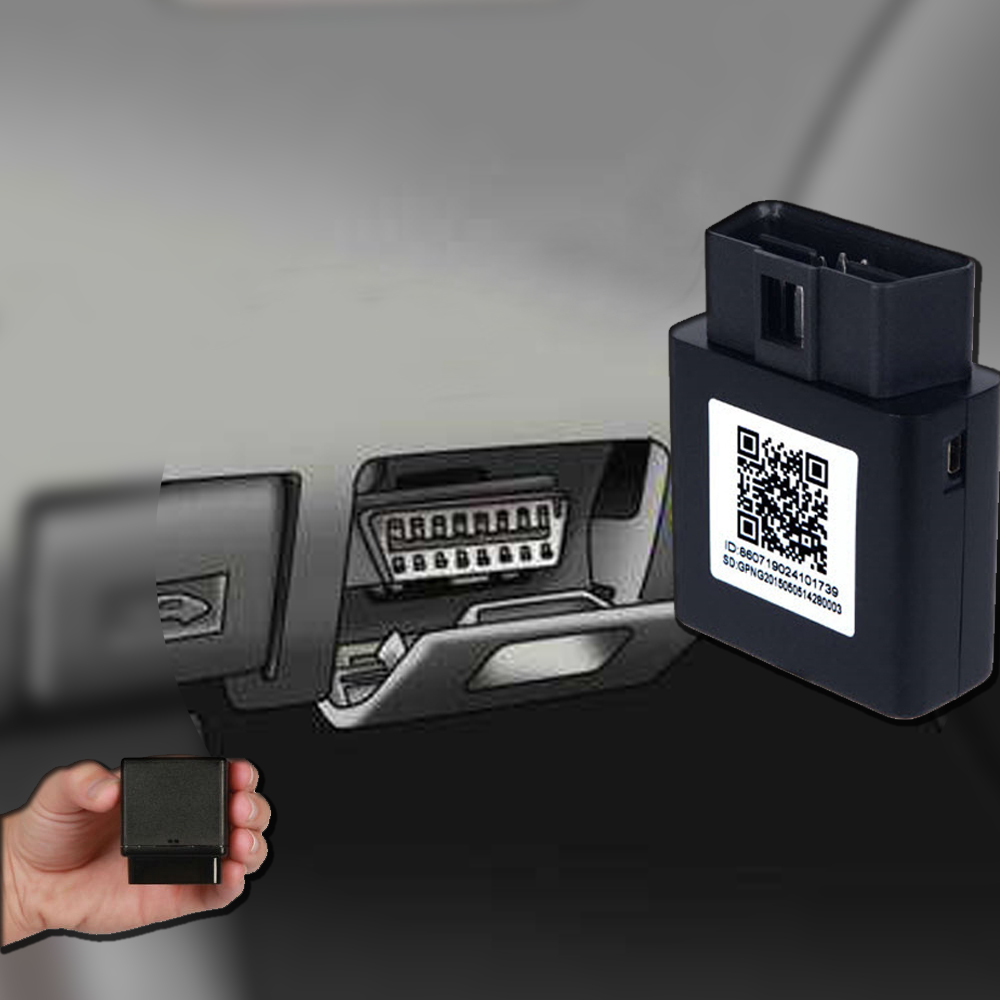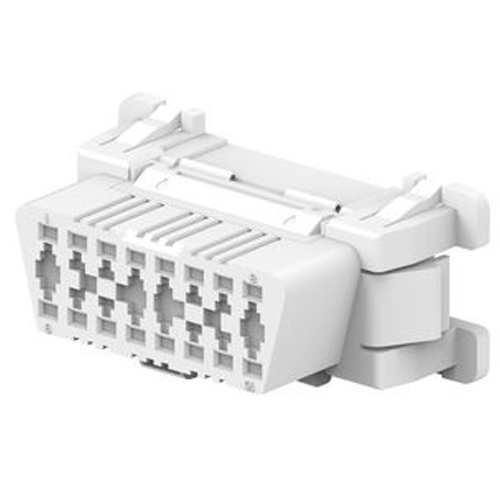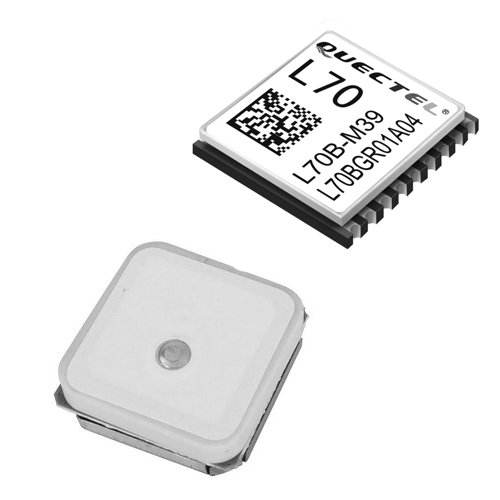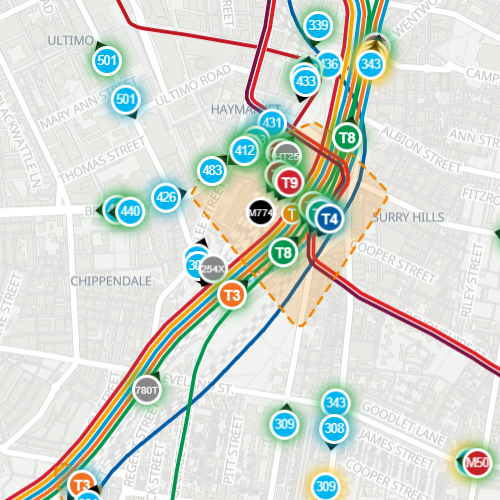
An OBD GPS tracker is a type of portable GPS tracker which plugs into the onboard diagnostic (OBD) port of a light or medium duty vehicle.
Powered directly from OBD
By using the OBD port of a vehicle, it can source its 12v power, ignition signal and ground directly from the vehicles wiring harness without having to be wired in.

Inbuilt GPS & Mobile Communications
OBD GPS Trackers have inbuilt GPS & Wireless Network antennas which allow it to communicate through one of the following methods;
– SMS
– Software/Web Application
– Smartphone Applications

Engine Data
One of the benefits of an OBD GPS Tracker is that it will also receive diagnostic information from the OBD port, as it is a direct communication with the engines computer (ECU).
The information OBD can provide includes: Real-time parameters: RPM, speed, pedal position, spark advance, airflow rate, coolant temperature, etc. Status of “Check Engine” light, and in certain cases, read the odometer of the vehicle.
Onboard Location Data Storage
An OBD Car tracker has flash memory for storing GPS location, so should the device go out of range of cell phone towers, it will be able to store hours worth of location data, ready to upload to the tracking server once it receives signal again.
Positioning
The best place to put an OBD tracker is as close as possible to the windshield for direct line of sight access to the GPS satellites orbiting overhead, but in many cases due to the improvements in GPS technology, leaving the device just under the dash, or near the drivers kick panels will be still be reliable.

Advantages
- Easy to install
- Reads engine data
- Portable
- Completely plug and play
- Accurate
Disadvantages
- Positioning options are limited. However extension cables & dual header OBD port cables combat this.
- May not read odometer, depending on the model of tracker & model of vehicle.
